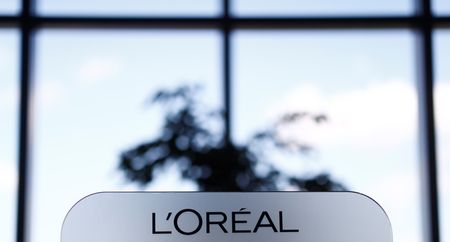By Diana Novak Jones
(Reuters) – Nearly 60 lawsuits claiming hair relaxer products sold by L’Oreal USA Inc and other companies cause cancer and other health problems will be consolidated in Chicago federal court, according to a Monday order from the Judicial Panel on Multidistrict Litigation.
At least 57 lawsuits have been filed in federal courts across the country over the products, which use chemicals to permanently straighten textured hair, court records show. The lawsuits allege the companies knew their products contained dangerous chemicals but marketed and sold them anyway.
The actions will be centralized into a multidistrict litigation before U.S. District Judge Mary Rowland, which will streamline discovery efforts and other pretrial issues for the cases, according to the order.
The cases name the U.S. subsidiary of L’Oreal SA and subsidiaries of India-based companies Godrej SON Holdings Inc and Dabur International Ltd. Representatives for the companies, which opposed centralization of the cases, did not immediately respond to requests for comment.
In a statement posted online after the first lawsuits were filed, L’Oreal said it is “confident in the safety of our products and believe the recent lawsuits filed against us have no legal merit.”
The lawsuits follow the October publication of a National Institutes of Health study that found women who used the products multiple times a year were more than twice as likely to develop uterine cancer.
Diandra Debrosse Zimmermann of DiCello Levitt, who filed the first case after the study was published, urged the Judicial Panel on Multidistrict Litigation at a hearing last month to send the cases to Rowland.
Debrosse Zimmermann said the panel’s decision “recognized the clear benefits of centralizing the hair relaxer litigation,” adding that she expects many more firms to file their cases in the coming weeks.
She estimates that thousands of women could end up suing over the products, which are typically marketed to women of color.
(Reporting by Diana Jones; editing by Leigh Jones)

